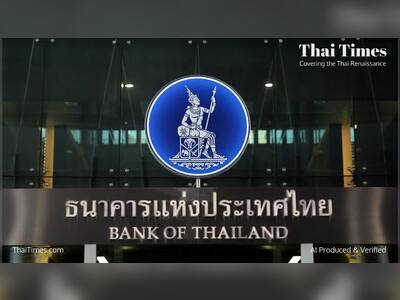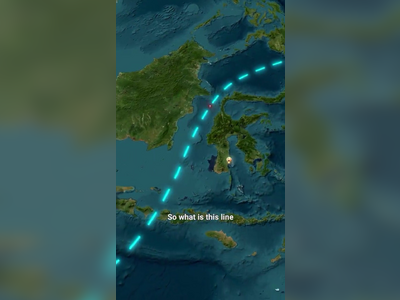Intercontinental Ballistic Missile Hits Ukraine, Eliciting Cautious Reactions
On the 1,002nd day of the conflict, Ukrainian officials announced a major escalation, stating that Russia, for the first time, has fired an intercontinental ballistic missile (ICBM) in its war against Ukraine.
A missile reportedly hit a crucial infrastructure site in Dnipro, believed to be associated with a missile and space company, resulting in industrial damage and injuries to two people.
Ukrainian military sources identified the missile as the RS-26 Rubezh, which can travel 5,800 kilometers and deliver nuclear warheads. Although there were no claims that it carried a nuclear payload, its use signals a significant development in the conflict.
At the same time as the missile strike, Russian Foreign Ministry spokesperson Maria Zakharova was interrupted during a press briefing by a phone call captured by microphones. The caller reportedly advised Zakharova not to comment on the missile attacks, emphasizing the incident's sensitive nature.
Russia has not publicly addressed the missile launch claims, with Kremlin spokesperson Dmitry Peskov referring inquiries to the military. The conflict, now over 1,000 days old, continues to draw international attention. Recent policy changes by President Vladimir Putin have revised Russia's nuclear doctrine, potentially expanding scenarios for nuclear weapon use.
As these events unfold, the Biden administration has authorized military support for Ukraine, including long-range missiles and anti-personnel mines, seen by some analysts as a strategic effort to maintain U.S. defense industry advantages before the administration changes.
The shifting geopolitical landscape raises concerns about a broader scope of the conflict, underscoring the delicate balance of international relations.
Ukrainian military sources identified the missile as the RS-26 Rubezh, which can travel 5,800 kilometers and deliver nuclear warheads. Although there were no claims that it carried a nuclear payload, its use signals a significant development in the conflict.
At the same time as the missile strike, Russian Foreign Ministry spokesperson Maria Zakharova was interrupted during a press briefing by a phone call captured by microphones. The caller reportedly advised Zakharova not to comment on the missile attacks, emphasizing the incident's sensitive nature.
Russia has not publicly addressed the missile launch claims, with Kremlin spokesperson Dmitry Peskov referring inquiries to the military. The conflict, now over 1,000 days old, continues to draw international attention. Recent policy changes by President Vladimir Putin have revised Russia's nuclear doctrine, potentially expanding scenarios for nuclear weapon use.
As these events unfold, the Biden administration has authorized military support for Ukraine, including long-range missiles and anti-personnel mines, seen by some analysts as a strategic effort to maintain U.S. defense industry advantages before the administration changes.
The shifting geopolitical landscape raises concerns about a broader scope of the conflict, underscoring the delicate balance of international relations.











